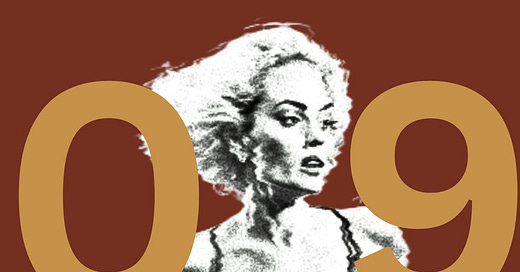Gaijin Cowgirl (9): Comfort woman
But at the final beat of the dance, bowing before the last post, he whispered, “Buddha protect me."
(Previous chapter, or start at the beginning.)
Simon Newby scanned the audience from above the ring. He reckoned he could spot that platinum mane among the several thousand spectators. But Japan was c…





